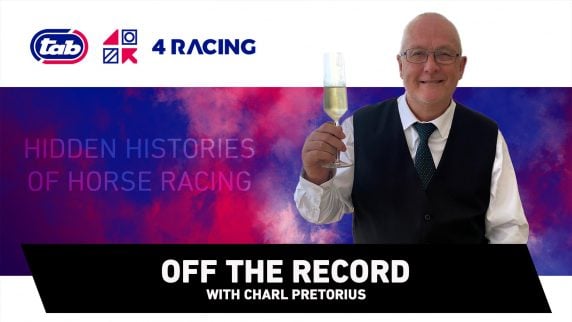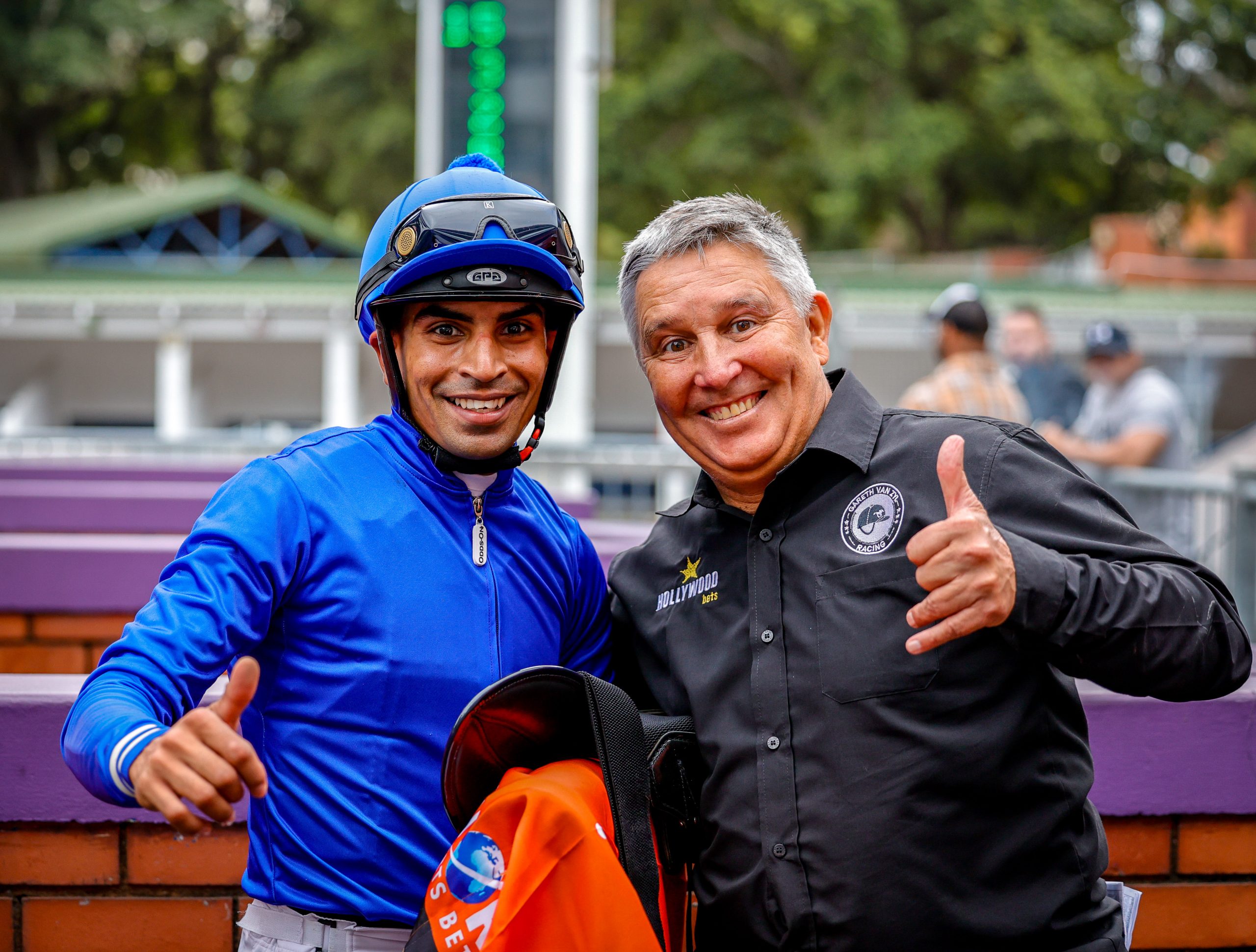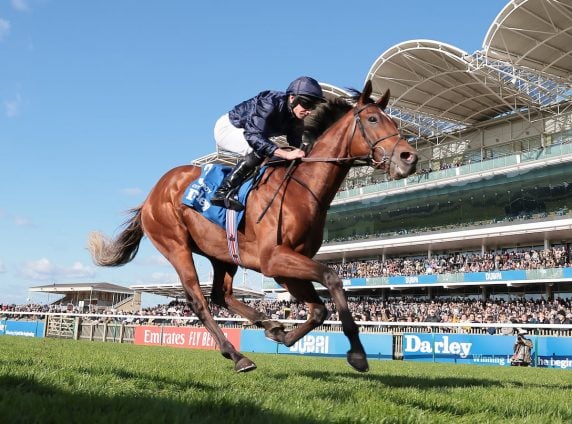I’m very lucky to be working in the Racing Media and being able to attend the best race meeting around the world. Hong Kong International day, Melbourne Spring Racing Carnival, Royal Ascot, Breeders Cup and Dubai World Cup to name but a few. Some of these are tagged as, “The best thoroughbred racing in the world” and “The greatest show on turf” The best of the best or is it?
Last weekend I was in Dubai for Dubai World Cup week. A brilliant event and a must for any racing lovers bucket list. We had the best Irish horses there from the Aidan O’Brien stable. The powerful Godolphin team, and many of the worlds leading trainers from all over the world brought their best horses including Europe, UK, Japan, Hong Kong and South Africa… or at least the ones that Mike De Kock put thru the gruelling process to get there.
After another painstaking journey to get to Dubai through four countries and over nearly six months from door to door, De Kock’s string was still good enough to give him 13 winners for the carnival, and make him runner up in the trainer’s premiership behind Saeed Bin Suroor.
The fact De Kock had seven runners on certainly the richest, and arguably the biggest nights racing on the planet, is testament to the master trainers determination and undeniable skills as a horseman.
Despite drawing the outside gate, Variety Club the dual South African horse of the year trained by Joey Ramsden was brilliant in winning the Group 2 US$1 million Godolphin mile with last years winner and fellow South African, Soft Falling Rain a close second.
Considering the current Longines World’s Best Racehorse Rankings, Saturday nights result may not be a huge surprise as Variety Club sits at equal 8th along with the likes of Melbourne Cup winner Fiorente and Hong Kong Vase winner Dominant.
What may come as a surprise to some is that apart from Variety Club rated 118, South Africa is also represented by a Vercingetorix 117 (equal 15th) and Shea Shea 116 (equal 20th) in the top twenty rankings.
Quite an amazing achievement for a country where apart from Dubai and a cameo appearance at Royal Ascot by Shea Shea last year, rarely gets to run on the world stage. All this despite numerous international nominations only to be politely declined because of seemingly unfair and antiquated quarantine protocols!
So why are we, the racing public being denied the opportunity to see the best horses from South Africa running on the world stage, and is enough being done to remedy the situation?
Well, the short answer to that is, African Horse Sickness, or is it something more sinister than that?
I’m not going to go into the scientific side of African Horse Sickness except to say that it is endemic and vaccinated against.
What I will say however is that South Africa is not isolated when it comes to diseases that effect horses. Most thoroughbred racing countries have dealt with and in some cases are still dealing with serious diseases, from Equine Influenza to Foot & Mouth and the Hendra Virus some with no vaccine available.
As it currently stands, to export a horse from South Africa requires around 30 days quarantine in Cape Town, 90 in Mauritius and then a further 60 in the UK before basically being able to then travel to further destinations with the relevant countries local quarantine to be served on arrival. Potentially that’s at least six months, and then there is no guarantee that the rigors of such travel haven’t decimated the horse.
By comparison, if a horse was to be exported from Australia to South Africa for example they undertake 30 days in Australia and undergo various tests and then a further 30 days on arrival where they are again subjected to testing.
So why then, in this day and age of modern technology and science is the export of horses from South Africa proving such a difficult hurdle especially when; there is a vaccination, it is non-contagious, horses spend a 30 day quarantine period in Cape Town and according to veterinary sources, the incubation period is 7-14 days?
With the disease predominantly prevalent in the warmer months, why then could exports not be limited to the autumn and winter months with even a 60 day quarantine in Cape town commencing at the end of summer and straddling the cooler months when African horse sickness seems to be non-existent? With vaccinations in place and such a time frame allowing any symptoms to come to the surface wouldn’t this be a viable option?
Apart from the obvious pleasures to the racing purists and promoters of seeing the best South African horses on the world stage, imagine the benefit to breeders globally and even more importantly, the economic impact for the industry in South Africa with open borders to shuttle stallions and more easily facilitate the sales of race horses, yearlings and mares to overseas markets.
With the South African rand in steady decline and the uncertainty in the mining industry potentially leading to job cuts and a rise in unemployment, surely it’s in the best interest of the South African government to quickly resolve this situation and reap the economic rewards of what would be a very viable industry.
I’ve long harboured the opinion that South African bred horses and racing is the best kept secret in the world and the recent exploits of pioneers like Mike De Kock go a long way to vindicating that theory.
We now as a combined industry along with the local government, need to work together to rectify this situation in the interest of not only South African breeding and Racing, but for the betterment of racing globally and creating a truly global stage to see the finest equine athletes compete on a level playing field.
Simon Burgess – Thorough Media, Melbourne, Australia -31 March, 2014







